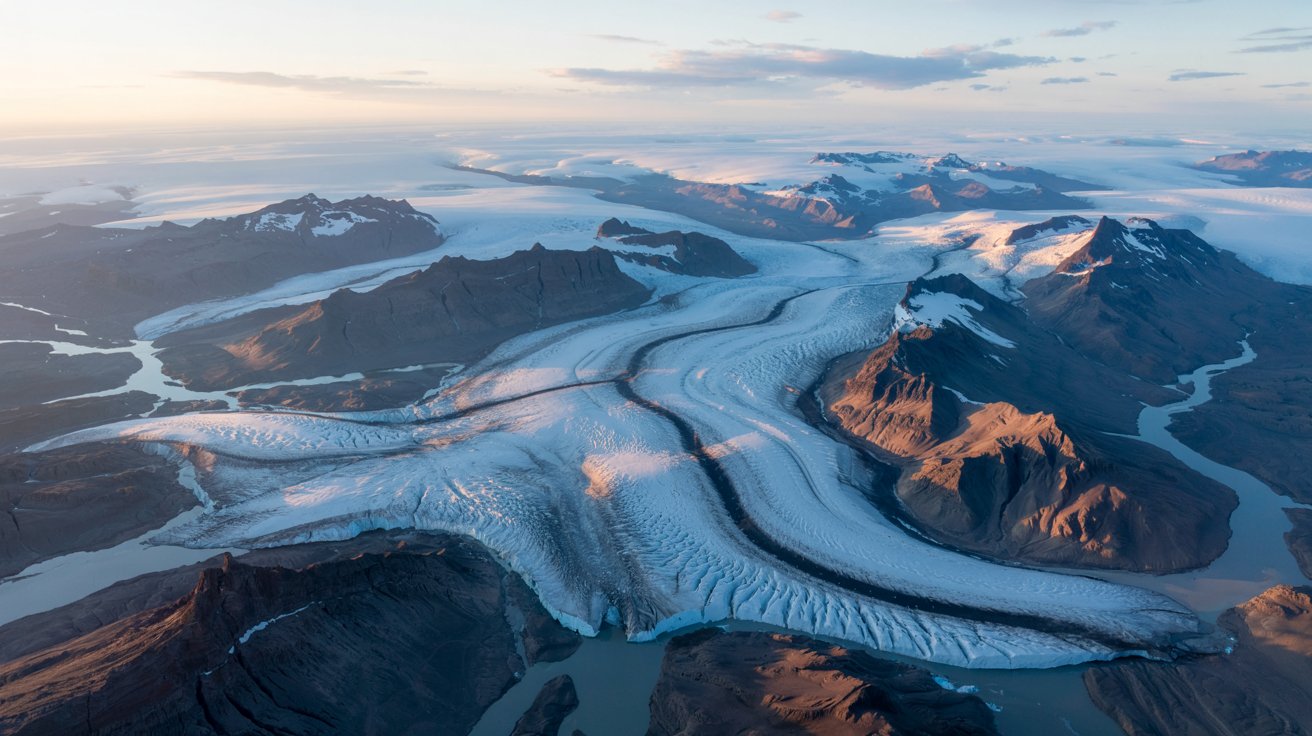Why Are Billionaires Investing in Greenland’s Resources?
Greenland, known for its vast icy landscapes, is now at the center of attention for some of the world’s biggest tech billionaires, including Elon Musk, Jeff Bezos, and Bill Gates. The reason? Rare earth minerals. These elements are critical for renewable energy, electric vehicles (EVs), and high-tech industries.
As the demand for clean energy and advanced technology rises, global supply chains are struggling to keep up. This has forced major investors to look beyond traditional mining areas. Greenland’s melting ice sheets are exposing untapped mineral reserves, making it an attractive location for mining.
What Minerals Are Found in Greenland? Why Are They Important?
| Mineral | Uses in Technology | Why It’s Important |
|---|---|---|
| Nickel | EV batteries, stainless steel production | Essential for clean energy and EV growth |
| Cobalt | Lithium-ion batteries, aerospace industries | Crucial for battery storage and high-performance tech |
| Rare Earth Elements | Smartphones, wind turbines, military tech | Hard to mine, but essential for modern electronics |
Companies like KoBold Metals, backed by Bezos and Gates, are exploring Greenland for large nickel and cobalt deposits that could power millions of electric cars. Meanwhile, Tesla, owned by Elon Musk, depends on these minerals for its EV production and battery technology.
How Climate Change is Opening Greenland’s Resources
Greenland’s ice sheets are melting at an unprecedented rate due to climate change. While this poses serious environmental risks, it is also revealing previously hidden mineral-rich areas.
- Before: Greenland’s ice coverage made it nearly impossible to extract resources.
- Now: Receding glaciers are uncovering deposits that companies can explore and mine.
However, this presents a double-edged sword—while the minerals are valuable for green technology, mining could further harm the environment. Scientists warn that mining in the Arctic could disrupt ecosystems and accelerate climate change.
Greenland’s Growing Geopolitical Importance
Greenland isn’t just valuable for its minerals; it’s a key strategic location.
Why Greenland Matters on the Global Stage:
| Factor | Why It’s Important |
|---|---|
| Mineral Wealth | Holds a large supply of rare minerals crucial for global industries. |
| Geopolitical Interest | The U.S., China, and the EU all have growing interest in Greenland’s resources. |
| Military & Surveillance | Its Arctic location makes it vital for defense and global monitoring. |
In 2019, the U.S. even offered to buy Greenland, recognizing its potential influence over global resource control. As mining operations expand, tensions between global powers may increase, making Greenland a major hotspot for economic and political discussions.
Environmental Concerns & Sustainability Challenges
Mining in the Arctic isn’t just about business; it has major environmental risks.
Key Environmental Concerns:
- Habitat Destruction: Mining could harm Greenland’s delicate ecosystem.
- Water Pollution: Toxic chemicals from mining operations could affect local water sources.
- Carbon Emissions: Mining activities could increase CO₂ emissions, worsening climate change.
The Push for Sustainable Mining
Some companies, including KoBold Metals, are investing in AI and data-driven mining techniques to reduce environmental impact. These methods aim to pinpoint mineral-rich areas with greater precision, minimizing unnecessary excavation. However, concerns remain about the long-term effects of mining on Greenland’s environment and local communities.
Conclusion: Is Greenland the Future of Tech Minerals?
With Musk, Bezos, and Gates backing mineral exploration, Greenland could become a key supplier for the future of clean energy and technology. However, this comes with challenges:
- Will mining operations be managed sustainably?
- Can the world balance resource extraction with environmental responsibility?
- How will Greenland’s role in global politics evolve as it becomes a critical mineral hub?
As Greenland emerges as a hotspot for tech resources, the world will closely watch how these developments unfold—and whether they truly benefit a sustainable future.
[USnewsSphere.com / BI]





